How to get Wi-Fi in a caravan
Written by Nick Grant
|
Published on 6th February 2023
|
Last Updated on 23rd February 2024
|
Read time: 6 minutes

Despite going away to enjoy nature’s beauty in a desirable seaside or countryside location, it would be understandable if you didn’t want to go completely off-grid.
Chances are you’ll still want to be in touch with family, friends, and the outside world. You may even need to work remotely while vacationing. You might want to watch a movie or binge a box set some evenings, especially if the weather’s at its most British.
That’s why it’s natural to want a decent standard of Wi-Fi in your caravan. So, what’s the most reliable and affordable way to get online? Touring caravans and motorhomes are a different challenge, so the focus here is on static caravans. Let’s explore the many possible answers to one big question: how do I get Wi-Fi in my static caravan?
Rely on the site’s own broadband
If you’re planning to stay at a new caravan park, you’ll want to know if there’s on-site broadband. If the answer’s yes, you can ask what speeds are available and if there are any usage limits or charges for using extra data.
Many caravan parks are in remote locations, which can mean they are served by slow rural broadband. So, if the park you’ve chosen offers Wi-Fi, move on to the next question: is it fast and reliable enough for your purposes? If the screen starts buffering just as the film begins, you need to think again.
Try a Wi-Fi signal booster (if there’s a signal to boost)
A caravan site covers a big expanse of land. Even if the broadband arriving at the central router is excellent, it may be a feeble trickle by the time it reaches you. That’s when a Wi-Fi signal booster can be used to add some much-needed oomph.
There are many Wi-Fi signal boosters and extenders on the market, but the terminology can be confusing. A relatively simple directional antenna-style booster for a static caravan might be enough to pick up the park’s Wi-Fi signal and strengthen it for the area around your property. More elaborate extenders have a main router plus satellite boosters for reaching every corner of a big house. You shouldn’t need anything so complicated and expensive for a single caravan.
A word of warning, however. If the basic Wi-Fi signal is weak, a booster can only strengthen it a little. And if the problem is too many users across the site, a booster isn’t going to solve the holiday park’s bandwidth issues.
Install broadband in your static caravan
You have broadband in your home, so why not in your home away from home? If the infrastructure is in place for a telephone landline in your caravan, you might be able to have traditional domestic Wi-Fi connected. Shop around online to see if you’re connectible and find the best deal for your postcode.
Use the mobile phone network
If the holiday park’s Wi-Fi can’t provide the necessary connectivity, 4G can come to the rescue (or even 5G if it’s available where you are). Simply by using your phone, you’ll know if the mobile signal around your caravan connects to the internet reliably. If it does, you have two options.
Pay for a SIM card you can put into a router
Also known as MiFi, this approach can enable you to connect multiple devices wirelessly to the internet via the mobile network. From a mobile phone provider, you can purchase a “dongle” or a SIM card that fits into a router. You may want to choose a contract with a high data allowance if you spend a lot of time in the caravan. A pay-as-you-go SIM may be more suitable if you only visit occasionally, so you’re only paying for data when you use it.
Use your phone as a Wi-Fi hotspot
If your phone’s online connectivity is good enough, you can simply select the personal hotspot option in the settings on your phone. Then tether other devices to it, and, hey presto, you have instant broadband. The drawback? You might not have full use of your phone while it’s doubling as a Wi-Fi hub. Also, it could prove expensive if your phone contract has a data limit. Go beyond it, and you might pay a lot for extra data.
Satellite broadband
In some remote places, there’s neither cable broadband nor a mobile phone signal. Then it’s worth considering satellite broadband. It can work anywhere with a clear view of the sky, but is likely to be an expensive option. You need to have a satellite dish fitted to your caravan and connected to a modem and a Wi-Fi router indoors.
Installation isn’t the only expense. The monthly cost may be less reasonable than it seems, because of download restrictions that limit your Wi-Fi usage. “Latency” is another potential problem. This is the technical term for a delay in the signal reaching your dish. It can cause an unsatisfactory user experience, especially when streaming live video or gaming online.
What’s the cheapest way to get internet in a caravan?
This depends on many variables. If you can connect to the park’s Wi-Fi, that’s likely to be the best value. But if it won’t allow you to stream, download or use as much data as you like, that’s a false economy.
If you can bring domestic broadband to your static caravan, that could be an affordable option. On the other hand, if you’ve got a mobile phone or MiFi deal that provides unlimited data, you might as well make the most of it.
How Intasure can help
The fact that you are considering Wi-Fi for your static caravan speaks volumes about how much you value the time you spend there. That’s why you should also consider investing in caravan insurance. It’s not mandatory, but you may find caravan insurance is worthwhile if it brings you peace of mind.
We offer protection against damage and theft for caravans and contents. At Intasure, we offer mobile and static caravan insurance policies that can cover contents, vandalism, theft, and even public liability claims. Contact our team on 0345 111 0680, or complete our online form to get a quote.
The sole purpose of this article is to provide guidance on the issues covered. This article is not intended to give legal advice, and, accordingly, it should not be relied upon. It should not be regarded as a comprehensive statement of the law and/or market practice in this area. We make no claims as to the completeness or accuracy of the information contained herein or in the links which were live at the date of publication. You should not act upon (or should refrain from acting upon) information in this publication without first seeking specific legal and/or specialist advice. Arthur J. Gallagher Insurance Brokers Limited trading as Intasure accepts no liability for any inaccuracy, omission or mistake in this publication, nor will we be responsible for any loss which may be suffered as a result of any person relying on the information contained herein.

Nick Grant is a Business Development Manager at Intasure with 10 years of insurance experience.

